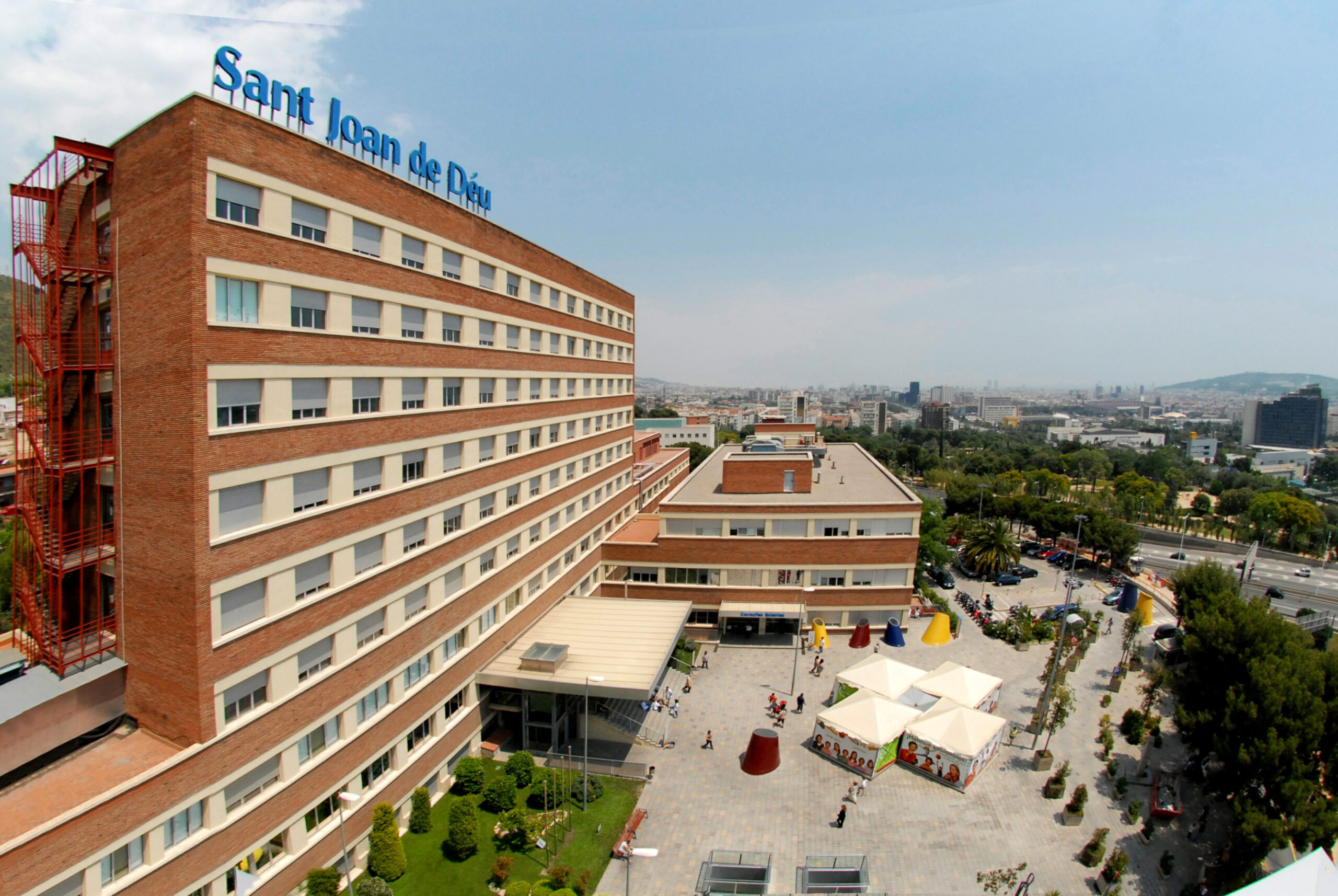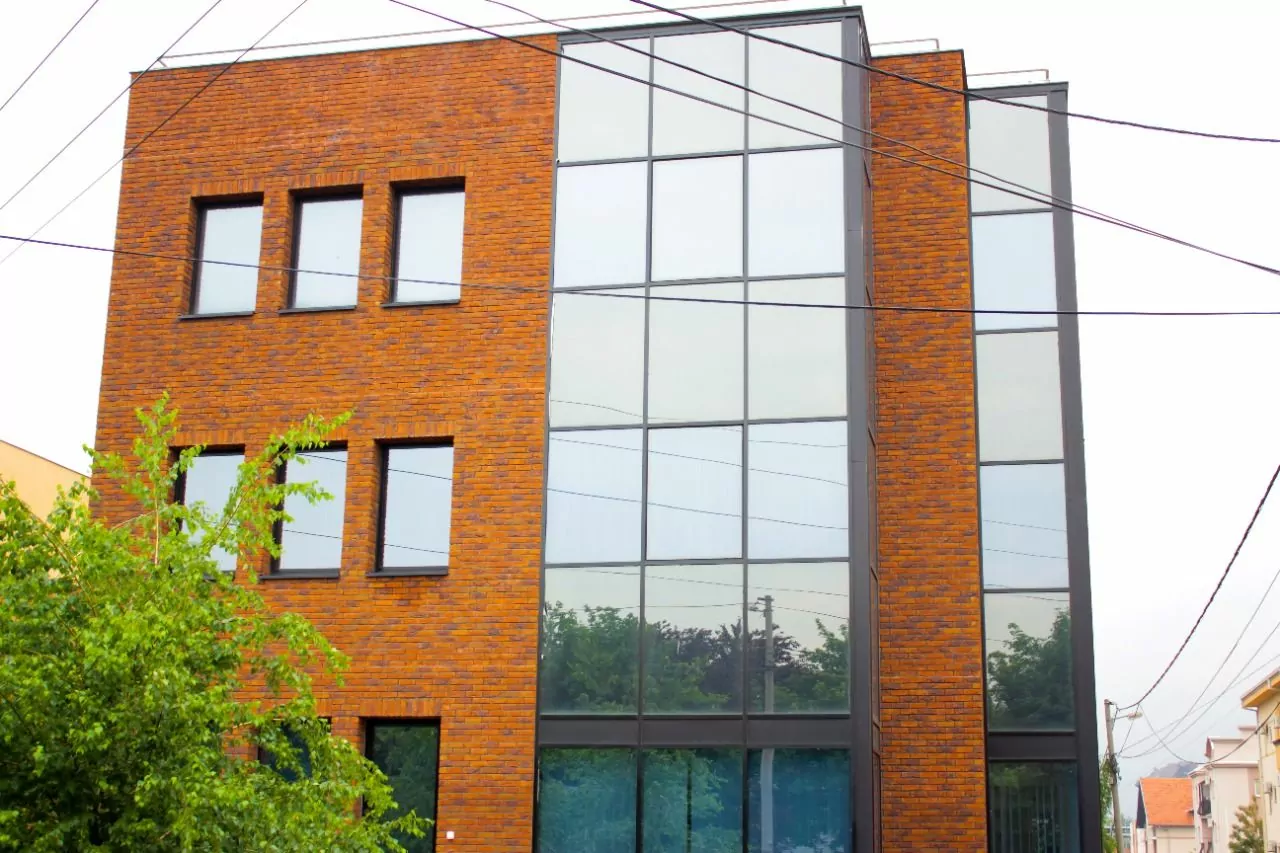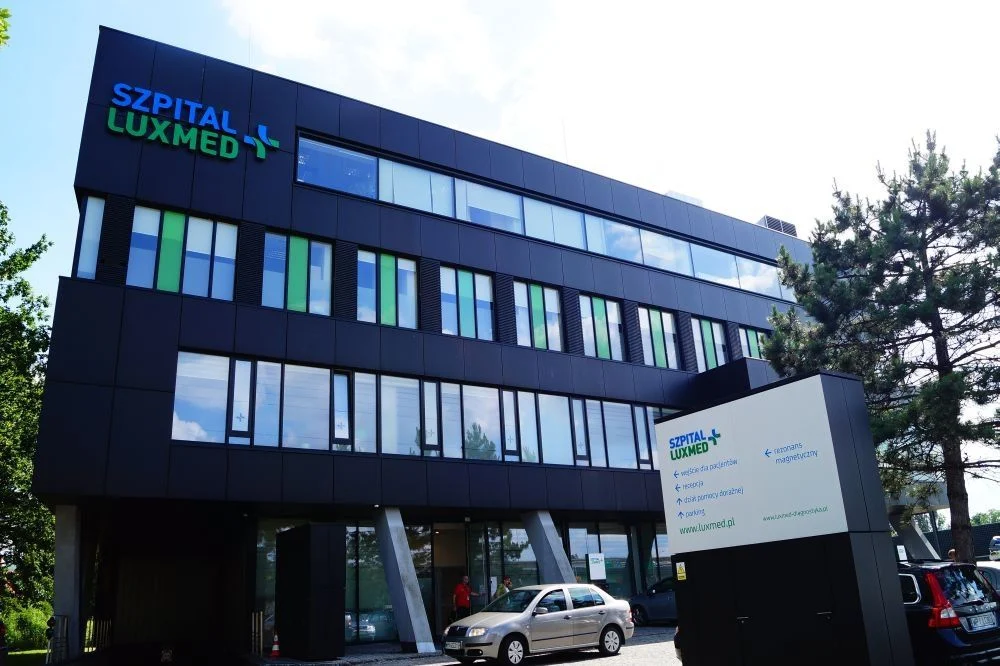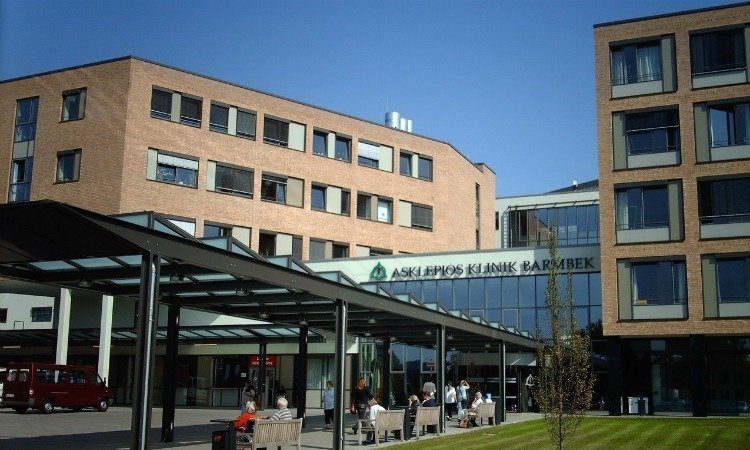Why Does Alzheimer’s Disease Occur? Treatment Methods
Alzheimer’s disease is a gradual neurological pathology provoking the brain cells dying. Illness can cause dementia – gradual mental, behavioral reactions decrease, affecting the person’s capability to perform certain functions independently.
The early stages in Alzheimer’s disease are manifested in the person’s inability to bear in mind events that happened recently. As pathology progresses, memory deteriorates and ability to engage in normal activities is lost.
Meds can temporarily stop the symptoms progression. Certain therapies help Alzheimer’s patients improve life operations and maintain functional self-sufficiency for a certain time. Nevertheless, treatment completely eliminating pathology or changing its shape doesn’t yet exist.
Alzheimer’s disease causes
Experts haven’t yet identified any pathology cause, but have determined some risk points.
- Age. Mostly, Alzheimer’s disease occurs after 65.
- Heredity. A person in a family suffering from this pathology increases chances of getting sick.
- Genetic predisposition.
Presence of these factors doesn’t mean the pathology inevitability; nevertheless, they raise the risk percentage. Additionally, following “beneficially” affects the disease development:
- frequent depression susceptibility;
- smoking;
- heart and vessels illnesses;
- previous brain trauma.
Particularly important element is genetic component. Apolipoprotein is a gene provoking Alzheimer’s disease formation in senility.
Alzheimer’s disease symptoms
Memory loss is the main pathology symptom – difficulty remembering recent moments or talks. Brain modifications occurring in Alzheimer’s disease influence mood and behavioral factors.
- Depressed state:
- apathy;
- isolation from society;
- sudden mood changes;
- causeless distrust of loved ones;
- irascibility and aggression manifestation;
- sleep patterns changes;
- frequent delusions of hallucinatory nature.
- Thinking and reasoning:
- pathology provokes concentration and thinking challenges, specifically with regard to abstract concepts;
- multitasking becomes difficult to implement – difficulties in expenses management, keeping checkbooks in order, and so on.
- Making judgments and decisions:
- pathology reduces the capability to make correct decisions and reason normally in ordinary situations.
Alzheimer’s disease diagnosis and treatment
Diagnostics involves mental state checking and carrying out some research:
- blood pressure and temperature measurement;
- heart rate assessment;
- urine or blood test.
Among visual clinical techniques used are the following.
- MRI – main markers determination – inflammatory processes, bleeding, changes in structural components presence, etc.
- CT – anomalous phenomena definition.
Alzheimer’s disease treatment is impossible yet. Specialists can prescribe meds and other therapy options for alleviating symptoms and helping stop the pathology development. At an early stage of Alzheimer’s disease, physicians may recommend Donepezil or Rivastigmine – for maintaining normal acetylcholine levels. Aducanumab drug is prescribed in such cases – for reducing the protein plaques collecting in brain during pathology.
Additionally to medication, a lifestyle change helps coping with the defect faster. Specialists have developed several strategies:
- everyday tasks simplification faced by patient;
- confusing and ambiguous events minimization;
- sleep improvement;
- special techniques use for body relaxing;
- calming environment providing.










